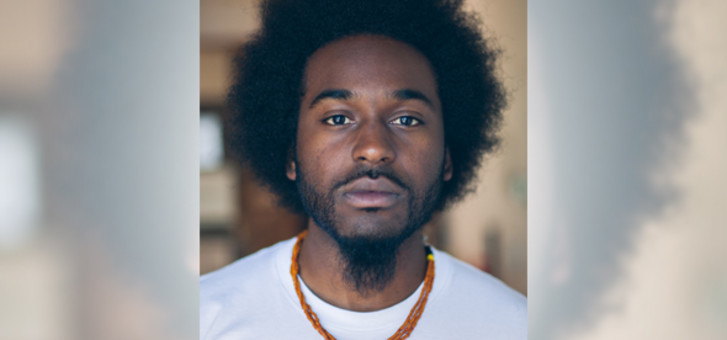Raised in the hip hop culture of Long Beach (California, US) and educated at Moody Bible Institute in Chicago, Micah Bournes presents a unique brand of creative truth telling combining spoken word performance poetry, rhythmic roots and theological training.
The beat poet is a keynote presenter at the Manifest Creative Arts Festival (M15), hosted by Avondale College of Higher Education, March 20-22, and at Australia’s largest Christian music festival, Easterfest.
Bournes is a good fit for Manifest—themes for M15 are community building, creativity in worship, social justice and storytelling. I asked him about his creativity.
What got you started in writing and performing poetry?
When I was in college, a friend invited me to an open mic night in Los Angeles. It was all spoken word poets, no musicians. By the end of the night, I was fascinated by the art form. Even though I didn’t know anyone who was spittin’, I felt so connected because of how honest the poetry was. I decided to give it a try. My hope was just to participate in open mics—never thought it’d be anything more than a hobby. Eventually, I got invitations to perform at other venues.
What do you do to improve what you do creatively?
I perform as much as possible. Even though I get invited to come feature, my favourite time on the stage is when I walk into a room where no-one knows me, and I’m just a name on an open mic list. That’s where I’ll try new things. And I write better when I read more. When my mind is working hard to digest some difficult philosophy or theological concept, I find I’m more creative.
What does performance add to your writing?
I had no background in poetry before I got into spoken word, so the writing and the performing were never separate. Spoken word is written to be performed, so when the words are written, my job is only half done. I spend just as much time crafting the body language, volume and tone as I do writing the words.
Why is creativity important for Christians and the church?
In the beginning, God created. That’s how Scripture begins. The first thing we know is God is a creative being, and since we are created in the image of God, we, too, are creative beings. When we fail to exercise our creativity, we fail to understand certain aspects of our humanity and of our God.
What are you looking forward to as part of Manifest?
I just wanna spit poems and hope someone gets something out of it. I hope someone feels the same way I felt the first time I saw spoken word—connected and inspired to create.
(This article was first published on record.net.au)






